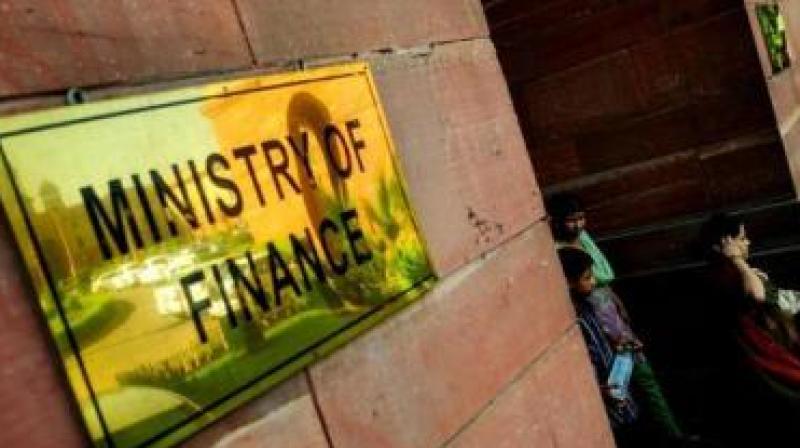Adhere monthly, quarterly expenditure plans: FinMin to ministries
The Finance Ministry has also decided to move towards outcome based budgeting as part of the overhaul of budget making exercises.

New Delhi: In order to improve the quality of public expenditure, the Finance Ministry has decided to ask financial advisors of all ministries and departments to strictly adhere to monthly and quarterly expenditure plans.
The Finance Ministry is also proposing to make it mandatory for Central ministries to refund the Budget grants which cannot be "profitably utilised" and such funds should be returned to the exchequer without waiting for the financial year to end.
"Beginning next fiscal, the financial advisors of the ministries/departments have to ensure adherence to the stipulated Monthly Expenditure Plan and Quarterly Expenditure Plan," an official said.
This is being done to avoid rush of expenditure, particularly in the closing months of the financial year, the official added. The Finance Ministry further said any savings would be surrendered before the close of the financial year, and funds provided during the financial year and not utilised before the close of that financial year would stand lapsed at the close of the financial year.
"The savings and provisions that could not be profitably utilised by departments have to be surrendered to exchequer as soon as they are foreseen without waiting till the end of the fiscal," the official said, adding that no savings is allowed to be held in reserve.
The Finance Ministry has also decided to move towards outcome based budgeting as part of the overhaul of budget making exercises, under which the Union Budget would be presented in Parliament on February 1, instead of age-old tradition of unveiling it on the last day of the month.
Plan expenditure, which entails government spending on social welfare schemes and asset creation, was hiked by 15.3 per cent to over Rs 5.5 lakh crore for 2016-17 fiscal. However, from next fiscal the classification of expenditure as 'Plan/Non Plan' will be replaced with 'Capital and Revenue' Expenditure.
Under this, significant expenditure incurred with the object of acquiring tangible assets of a permanent nature (for use in the organisation and not for sale in the ordinary course of business) or enhancing the utility of existing assets, shall broadly be defined as 'Capital' expenditure.
Besides, subsequent charges on maintenance, repair, upkeep and working expenses, which are required to maintain the assets in a running order as also all other expenses incurred for the day to day running of the organisation, including establishment and administrative expenses shall be classified as 'Revenue' expenditure.
With the merger of Rail Budget with General Budget, the receipts and expenditure of the Railways, the Demands for Grants and the Statement of Budget Estimates of Railways will also be part of the General Budget.

